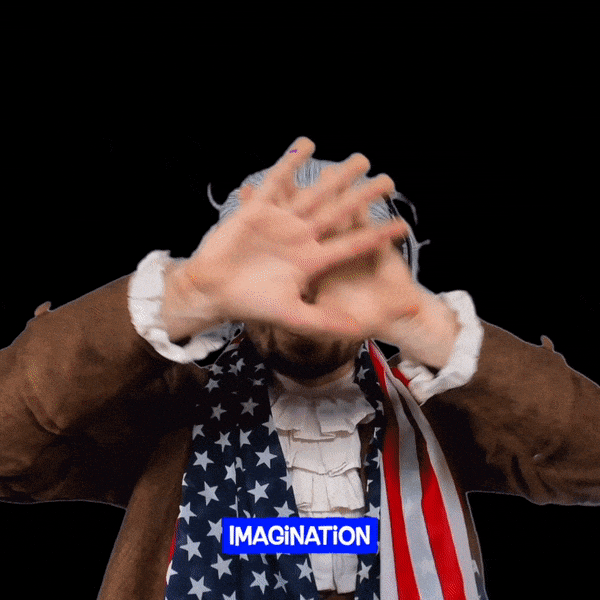Why Soft Skills Are the Future of Work
Insights from OpenAI Researcher Karina Nguyen
The AI Revolution Is Here, and It's Not What You Think
Imagine a world where machines can code better than humans, diagnose diseases more accurately than doctors, and write essays indistinguishable from those penned by Pulitzer Prize winners. Now stop imagining, because that world is already here.
Almost. =)
But before you start panicking about your job security, there's a plot twist you need to know about.
In a recent interview with Karina Nguyen on a podcast, an AI researcher at OpenAI who has helped build groundbreaking models like GPT-3, a surprising truth emerged:
as AI gets smarter, it's not the technical skills that will set humans apart – it's the soft skills.
"Creative thinking, you kind of want to generate a bunch of ideas, filter through them in order to build the best product experience," Nguyen explains.
"I think it's actually really, really hard to teach the model how to be aesthetic with really good visual design or how to be extremely creative in the way they write."
This revelation turns conventional wisdom on its head. For years, we've been told to focus on STEM skills, to learn to code, to become more technical. But as AI rapidly catches up in these areas, it's the uniquely human skills that are becoming invaluable.
Let's dive into why soft skills are not just important, but absolutely crucial for the future of work.
Why Your Next Boss Might Be an AI (But Your CEO Probably Won't Be)
As AI systems become increasingly sophisticated, they're taking over many tasks that were once thought to be the exclusive domain of humans. Nguyen points out that
"Claude is getting better at frontend, Claude is getting better at coding. I think Claude can develop new apps."
This rapid progress in AI capabilities is reshaping the job market, but not in the way many people expect.
While AI might soon be writing code and designing interfaces, it's struggling with higher-level tasks that require emotional intelligence, strategic thinking, and creative problem-solving.
"I think prioritization is one of the most important skills," Nguyen notes. "For a manager, I feel like actually AI research progress is bottlenecked by management."
This insight reveals a crucial truth:
as AI takes over more routine and technical tasks, human workers will need to focus on skills that machines find difficult to replicate. These include:
Creative thinking and ideation
Strategic decision-making and prioritization
Emotional intelligence and empathy
Collaboration and team management
Ethical reasoning and decision-making
The Surprising Skill That AI Can't Master (Yet)
Among the soft skills that Nguyen highlights, one stands out as particularly challenging for AI to replicate: creativity.
"I think it's actually really, really hard to teach the model how to be aesthetic with really good visual design or how to be extremely creative in the way they write," she explains.
This limitation of AI presents a massive opportunity for human workers. As machines take over more routine tasks, those who can bring fresh, innovative ideas to the table will become increasingly valuable. But creativity isn't just about coming up with wild ideas – it's about generating a range of possibilities and then critically evaluating them to find the best solution.
Nguyen's work on the Canvas feature at OpenAI provides a perfect example of this process in action.
"The way Canvas and Tasks came about was like it started with one person prototyping and creating a spec," she recalls.
This initial creative spark then led to a collaborative process of refinement and development, combining human creativity with AI capabilities to create a powerful new tool.
The Hidden Advantage of Human Managers in an AI-Driven World
As AI systems become more advanced, you might think that human managers would become obsolete. After all, if an AI can analyze data, make predictions, and optimize processes better than a human, why would we need human managers?
But Nguyen's insights reveal a different story.
"I'm thinking a lot about how do we make collaborations more effectively," she says.
"This is most of management, I guess. It's like how do you organize research teams or generally teams, combine cross-functional teams such that they will be at their maximum performance."
This ability to organize teams, foster collaboration, and create an environment where innovation can thrive is something that current AI systems struggle with. It requires a nuanced understanding of human psychology, the ability to navigate complex social dynamics, and the emotional intelligence to motivate and inspire others.
Moreover, as Nguyen points out,
"You need to have a really high conviction in the research bets to put the compute in."
This kind of strategic decision-making, where you're dealing with uncertainty and making high-stakes choices, is another area where human judgment remains crucial.
The Unexpected Way AI Is Changing Product Development
Keep reading with a 7-day free trial
Subscribe to The MLnotes Newsletter to keep reading this post and get 7 days of free access to the full post archives.


